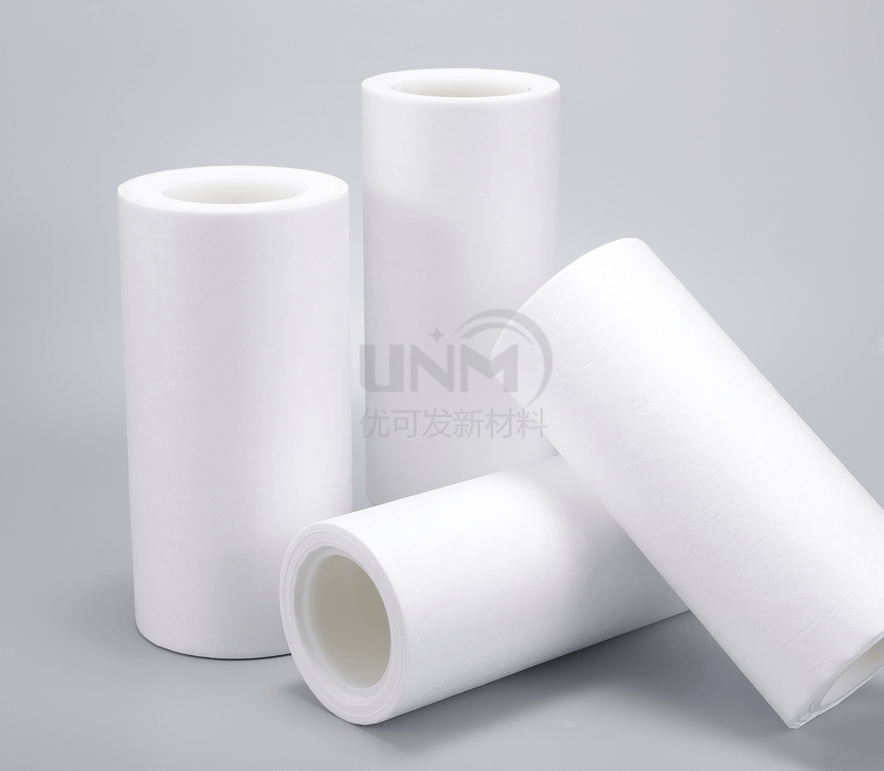Environmental protection has always been a matter of great concern to people. In order to make full use of resources, we must deal with household kitchen waste and livestock and agricultural waste, and embody the value of waste. Come out,ptfe compost film manufacturercame into being.

The organic matter in compost undergoes complex transformation under the action of microorganisms. This transformation can be summarized into two processes: one is The mineralization process of organic matter is the decomposition of complex organic matter into simple substances, and finally generates carbon dioxide, water, mineral nutrients, etc.; the other is the humification process of organic matter, that is, the organic matter is decomposed and then synthesized to generate more complex special organic matter. -humus. The two processes are carried out at the same time, but in opposite directions. Under different conditions, there are obvious differences in the intensity of each process.
Wrap the organic waste with a new fluorine-containing material e-PTFE molecular membrane (ptfe compost membrane manufacturer film), and pass it through the micro The pressure air supply system allows oxygen to fully contact the organic waste and rapidly heat up and ferment it. Utilizing the selective permeability characteristics of the e-PTFE molecular membrane, the gas water molecules can quickly pass through the surface of the membrane material to reduce the moisture content of the material. At the same time, it can block the passage of odor molecules, and the pungent smell of ammonia and condensed water will fall back to the material. In this way, the problem of environmentally friendly odor can be solved without the need for an external deodorization system, and at the same time, the fertilizer efficiency can be improved.
Many different types of microorganisms participate in the composting process. Due to changes in raw materials and conditions, the numbers of various microorganisms are constantly changing, so no one microorganism always dominates the composting process.
Each environment has its own specific microbial flora. The diversity of microorganisms allows composting to avoid system collapse even when external conditions change.
During the fermentation process, the changes in stack temperature must be measured. The fermentation temperature of the pile should be controlled between 55°C and 70°C. When the temperature of the pile exceeds 75°C, the pile should be turned over or forced ventilation should be carried out; the temperature of each measuring point on the pile layer should be kept above 55°C, and the duration should not be less than 55°C. For 7 days, the fermentation temperature should not be greater than 75°C, and should be maintained for more than 3 days during the high temperature period of 65°C to 70°C. During the film-covering fermentation cycle, the compost temperature reaches above 60°C and can be turned over once for 7 to 10 days. The pile must be turned evenly and thoroughly, and the bottom material should be turned into the middle and upper part of the pile as much as possible so that it can be fully decomposed. Note that it is recommended to turn the compost pile once on the 10th day of fermentation to improve the fermentation effect and ensure profits.
The composting process mainly relies on the action of microorganisms, and microorganisms are the main body of compost fermentation. There are two sources of microorganisms involved in composting: one is the large number of original microorganisms in organic waste; the other is artificially added microbial inoculants.
ptfe compost film manufacturer The ptfe compost film produced is the core material of compost fermentation. It has a microporous structure with staggered fibers. PTFE Compost Film Manufacturer Through the biaxial stretching process and high-temperature heat setting treatment, the microporous structure is very stable. If you are interested, please enter the store for consultation.
</p








